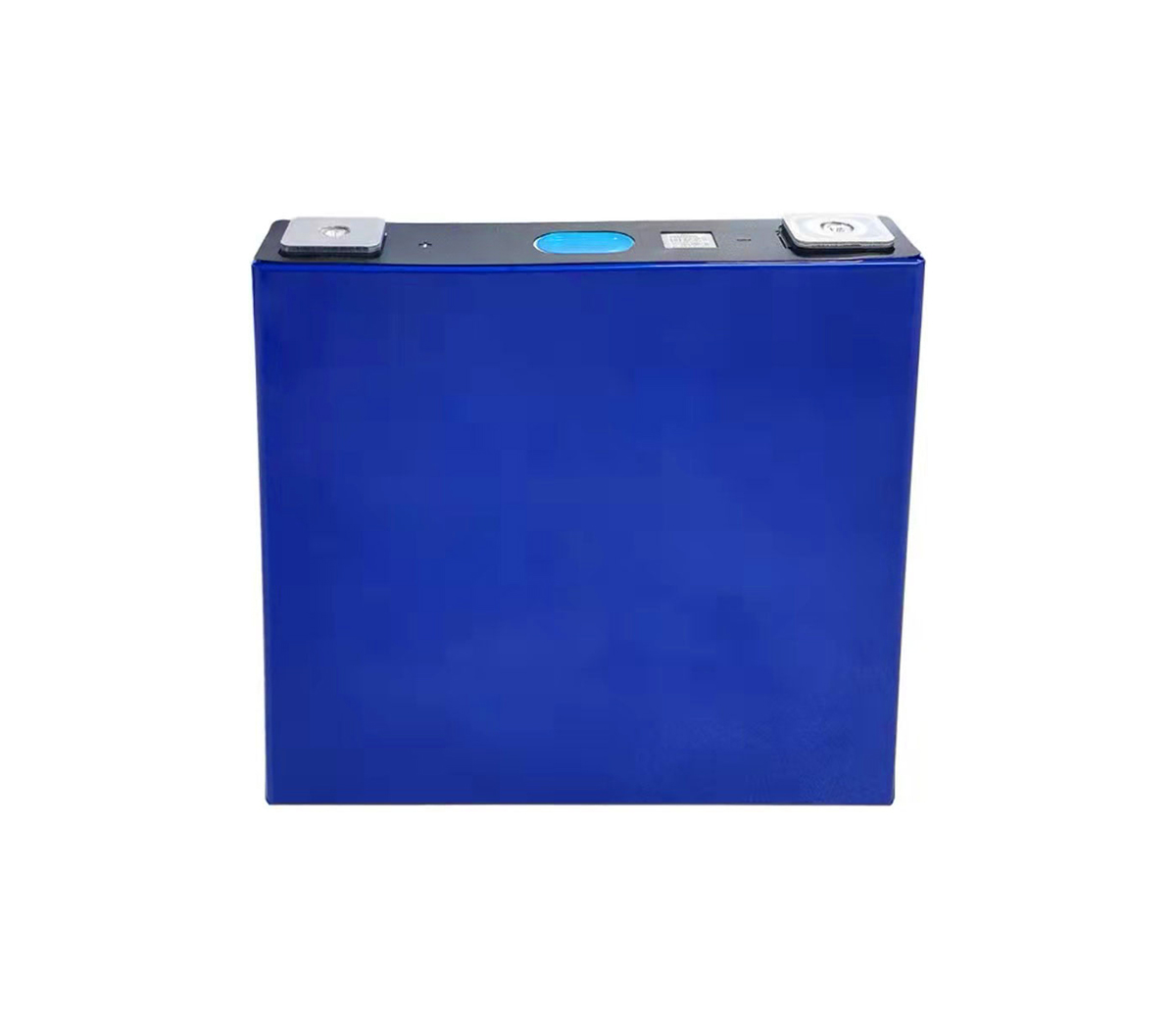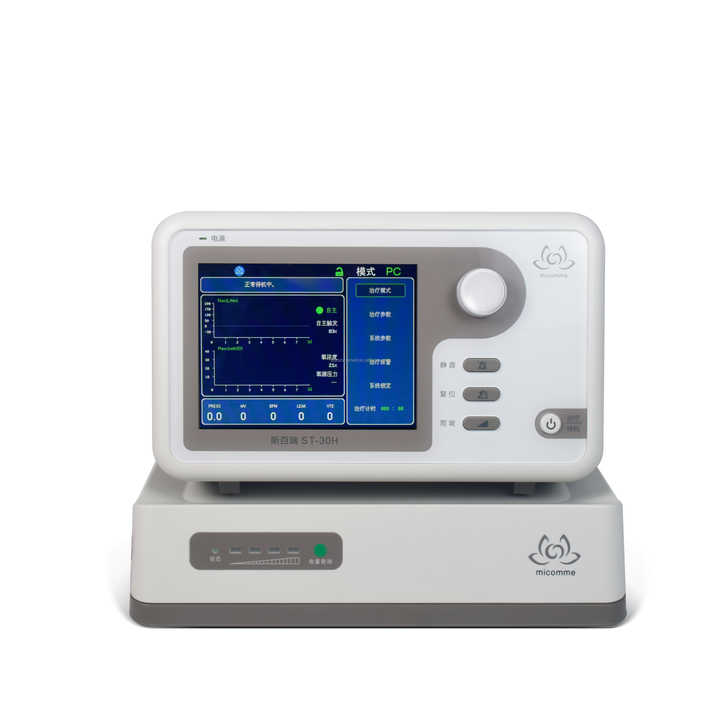In this era of rapid development of the new energy vehicle industry, lithium resources have the same status as oil in the 1970s.
Lithium is the core metal element of power batteries such as ternary lithium batteries and lithium iron phosphate batteries, and power batteries are key components of energy storage systems and electric vehicles. Each electric vehicle requires about 9kg of lithium. In the entire new energy industry, the status of lithium can be described as the core of the core. Therefore, the price of lithium continues to rise, and it is called "white oil", which compares the importance of oil to fuel vehicles. For the future clean energy world, whoever controls the supply chain of lithium resources will control the future of lithium batteries.
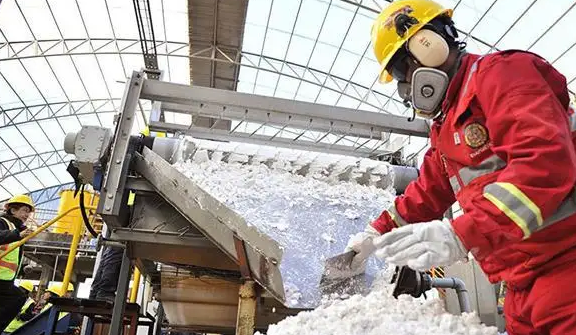
For news about minerals, if you frequently browse the SES Power website, you should find that we publish more news during this period. Why is this happening, because in the past year, especially in the past two months, the raw materials for lithium batteries have increased dramatically. Excluding any political and global economic background, purely from the perspective of supply, it is true that lithium batteries will increase in the next few years. of raw ore will be in a period of severe supply shortage. SES Power has to care about the direction of lithium ore, because it will affect the price of our customized lithium batteries. We use 12V100Ah, 24V100Ah, 36V100Ah, 48V100Ah of square aluminum lithium batteries from EVE, CATL, and BYD. This product is partly Used to replace lead-acid, and now they are forced to rise to a certain extent. This seriously affects our market development, especially in terms of battery energy storage and home energy storage (3Kw HESS), not to mention lithium batteries with special materials that can discharge at a normal rate of -40 degrees Celsius.
Europe is a very important market for us, and Europe is actually rich in lithium mines. Europe's largest lithium mine is now known to be planned in Serbia, but on Thursday Serbia rejected the plan and revoked the lithium exploration license of Anglo-Australian mining giant Rio Tinto. This decision heralds the Serbian government's final concession to environmentalists in order to address people's environmental concerns. This also means that the key battery metal, lithium, will face more pressure on its future supply.
Serbian Prime Minister Ana Brnabi said that day, "Serbia has 'completely stopped' Rio Tinto's Jadar lithium project. All decisions and licenses (related to the lithium project) have been revoked. We fulfilled all the demands of the protests of environmentalists, and as far as the Jadar project is concerned, this is over.” Of course, Brnabic did not answer the question of whether the government would allow lithium mining in the future.
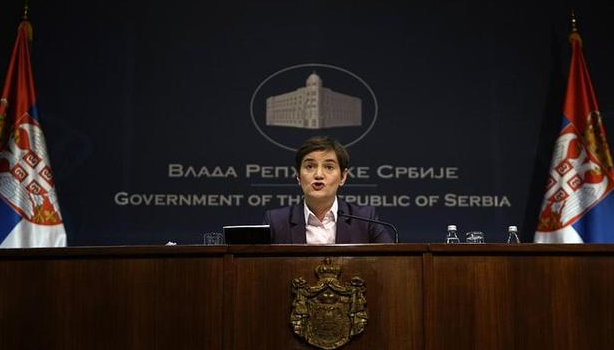
Rio Tinto said in a statement after Brnabic announced the decision that it has always complied with Serbian law. "Rio Tinto is reviewing the legal basis for this decision and the implications for our operations and employees in Serbia."
Earlier this week, Rio Tinto had delayed the first output from the Jadar project by a year to 2027, citing delays in key approvals in its fourth-quarter production performance report. Now, this lithium mine plan may have been completely dead.
In fact, less than three months before the Serbian election, the project has become a hot topic in Serbia recently. Opposition over the project's environmental concerns rose in December, leading to demonstrations in several cities. Public pressure on Serbian Prime Minister Brnabic and President Vucic continued to increase, even after the government proposed a referendum on the mine.
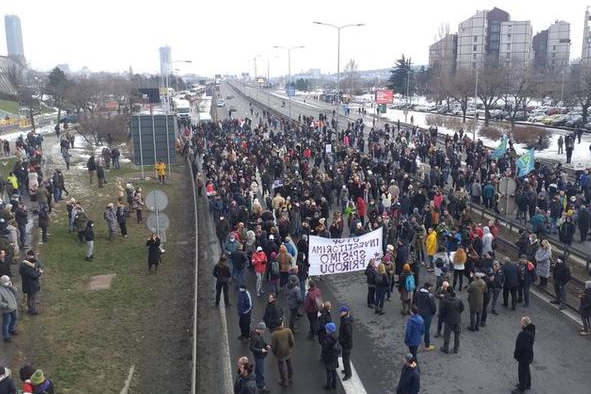
Rio Tinto only announced last July that it would develop the $2.4 billion lithium project. In theory, approval for the project should have been a safe bet, as the mine was planned to be built on farmland rather than virgin forest, and is only a 10-hour drive from the German car manufacturing hub. According to Rio Tinto Group, the project can create more than 2,000 employment opportunities in Serbia.
As originally envisaged by Rio Tinto, the Jadar lithium mine project will produce enough lithium to power 1 million electric vehicles, in addition to producing borates for ceramics and batteries, and sodium sulfate for detergents. When operating at full capacity, the mine is expected to produce 58,000 tons of refined battery-grade lithium carbonate per year, making it Europe’s largest lithium mine and enabling Rio Tinto to remain Europe’s largest lithium supplier for at least the next fifteen years.
The Jadar lithium project is one of Serbia's largest foreign investments to date and is part of the government's efforts to attract investment and boost economic growth. But environmental groups in Serbia say the new mine will pollute the region's land and water.
It is worth mentioning that the decision announced by Serbia also shows that it has become increasingly difficult to mine new mines around the world, even for a commodity like lithium, which is in a key position of global carbon neutrality. The opposition Rio faces in Serbia is also being repeated around the world, as it is believed that the jobs and taxes provided by mining are often insufficient to compensate for the irreversible damage to the local environment.












